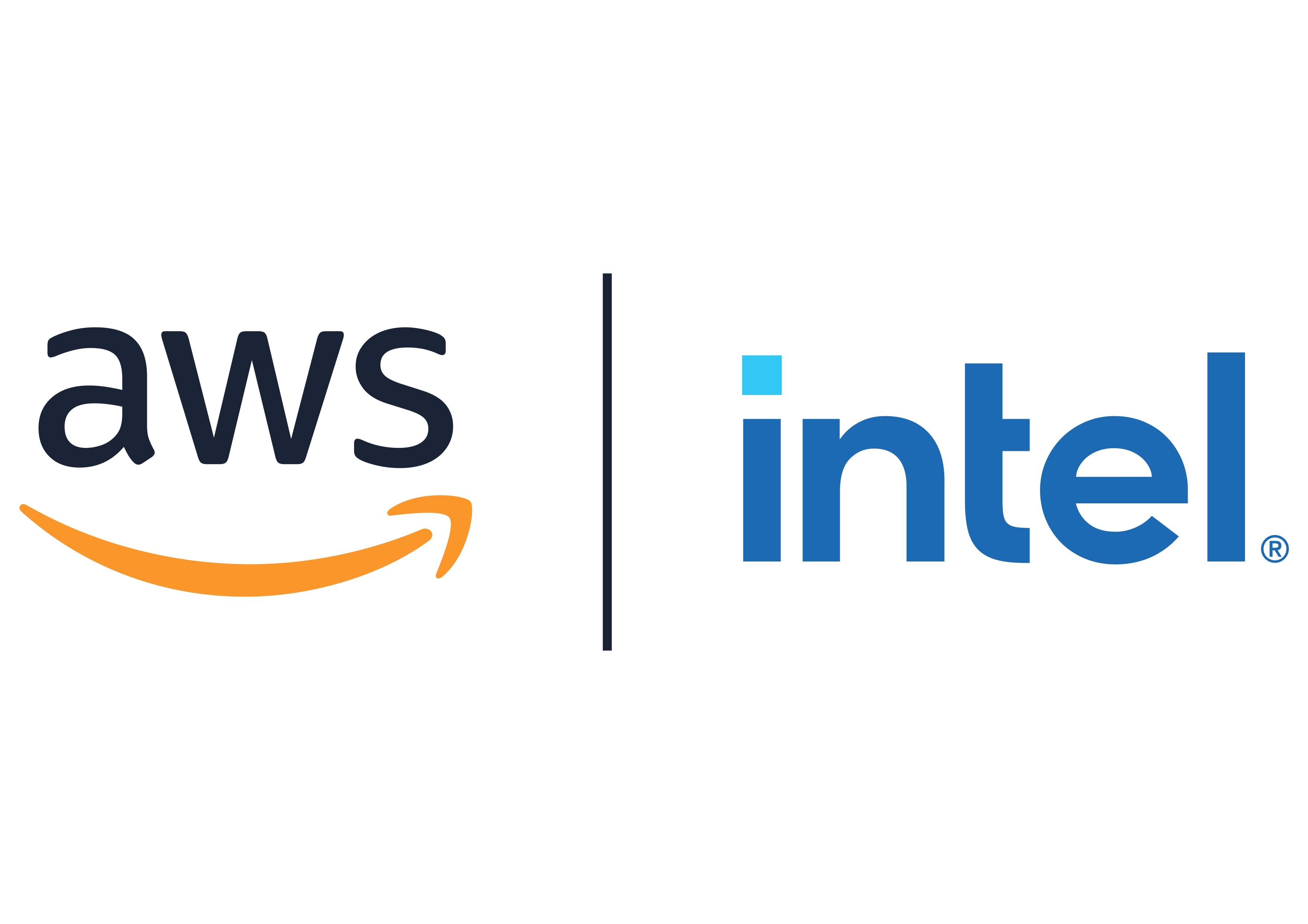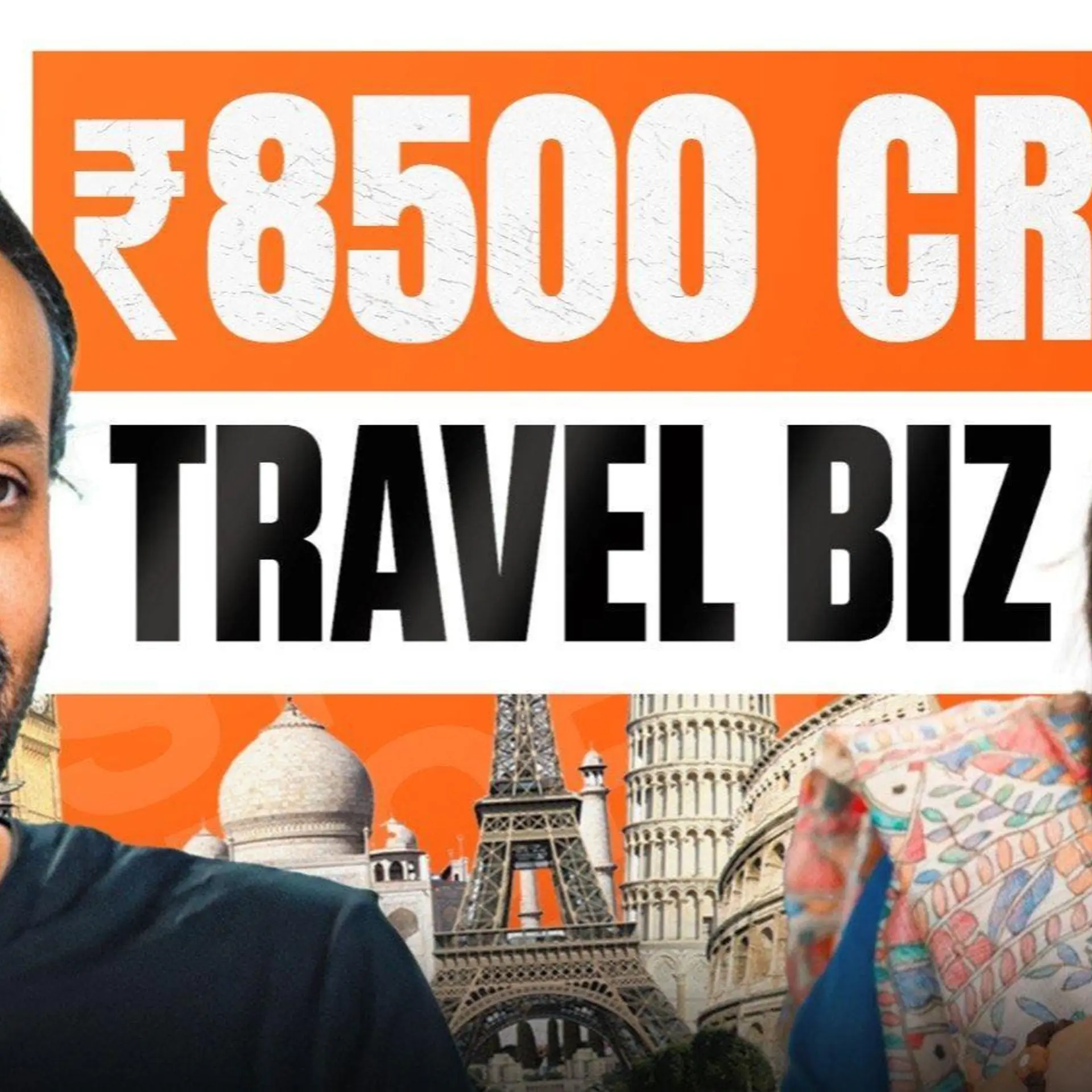
AWS | Intel
View Brand PublisherStartUP D2C Webinar Recap: Scaling D2C businesses with expert insights
It won’t be inaccurate to say that the pandemic accelerated the growth of the Direct-to-consumer (D2C) sector, propelling it to newer heights. Factors such as deeper internet penetration, better logistical support and access to more digital-first brands made the sector a lucrative playground for brands. As per financial services firm Avendus Capital, the sector is estimated to reach USD 100 billion by 2025.
And as businesses started flourishing, sellers began to look at marketing and selling their products beyond the borders. A better digital ecosystem played a crucial role in leveraging brands and helping them find a place in foreign shores.
To deep-dive into the unprecedented growth of the D2C segment and the benefits of going global, YourStory, in association with AWS, hosted the StartUP webinar session -
Scaling D2C businesses with expert insights.
The panel, moderated by Dev Ramnane, Head of Startup Segment, North India, Amazon India, had entrepreneurs and industry leaders such as Kanwaljit Singh, Founder and Managing Partner, Fireside Ventures; Bala Sarda, Founder and CEO, ; Biswajita Mishra, Head-Account Management, Global Selling, Amazon India and Ahana Gautam, CEO and Co-founder, Open Secret to share their journey and views about the booming segment.
Keeping up with the millennial shopper
The huge surge in demand of D2C brands points at a new kind of shopper - the millennials. Fireside Ventures’ Kanwaljit feels this population is digitally savvy and aware of what’s happening globally. So while India did not have the brands that they aspired to own in the preceding years, now it does. “We all know how difficult it is to build a brand in the Indian context where distribution, mass advertising is highly complex. So the evolution and the growth of the digital ecosystem, along with partners like Amazon, converged into one very interesting ecosystem play, which encouraged a lot of entrepreneurs to start thinking about how to resolve problems in demand,” he said.
Kanwaljit also added that the growing space has piqued investor interest. D2C enablers like payment systems, warehousing, logistics, e-marketplaces and new-age shoppers can all be credited for this growth. “It's really about understanding how you communicate, engage, build a relationship with the consumer, manage distribution which can allow you a lot of headroom as well as a lot of capability because of the digital channels. So it is your DNA as a brand that matters,” he explained.
Staying rooted while expanding
Vahdam’s Bala believes that there couldn’t be a better time for scaling globally due to the current robust internet infrastructure. With a family lineage of over 80 years in the tea industry, Bala has seen the traditional side of the business closely. One of the main hurdles was the long supply chain, right from the farmer to the customer. In the tea category, the product was getting exported at single digit margins to foreign brands across the world, who would then package it aesthetically and sell it at a much higher price. But the internet boom eliminated all middlemen and made the process of scaling globally a lot faster.
Brands must stay true to themselves and their roots to expand to other countries. “We saw Twinings of London selling more Darjeeling tea, a Starbucks in America selling more chai tea than any Indian brand. So we said there is definitely a ticket to win for us as a brand. Because there is always a higher trust when you purchase brands coming from the country of origin,” he said. Noticing that the category demand was higher in the USA, Vahdam Teas started reaching out to their US customer base – via Amazon and their website –- with their higher disposable income and a strong digital infrastructure.
Ahana also plans to take Open Secret beyond borders by expanding to the USA and the UAE. She revealed that more than 60 percent of her revenue on Amazon comes from outside metropolitan cities. This demand led the healthy snack brand to think about global expansion. “It's all about following the customer and it was surprising when I heard people were asking for our products in the USA because I thought they had similar products, but I guess it's a universal problem that a mother wants the family to eat better and that's what we're doing here at Open Secret,” she said.
Scaling with Amazon
Amazon plays a critical role in helping brands scale by offering them access to over 300 million prime customers across 200 countries. Speaking about the brands partnering with Amazon, Biswajita notes that while the opportunities are immense, brands often face challenges such as not knowing which product to sell, how to invest in marketing or target their customers to grow and most importantly, figuring out the entire cross-border fulfillment aspect.
To that end, Amazon’s global selling team has been working with their partner brands to ensure that they can scale, offering research and data-backed product and customer insights. “We tell them what sells, what works, what's the category penetration, what's the right product selection, the pricing, and for this, we have a dedicated brands team to help the D2C brands formulate their export strategy, including compliance processes and giving them access to the geography and category knowledge to understand the entire product market fit,” she said. Amazon also enables the advertisement and marketing ecosystem for brands, which has both self-serving tools like sponsored ads, products, brands, and managed services like ad optimisation. “We also work with teams to give them access to all peak events globally. So there is Black Friday, Cyber Monday, Thanksgiving, Halloween, and multiple other events in the USA. Or if you look at the Middle East, there’s Ramadan, Eid and a whole host of such peak events, which actually accelerate sales across the globe. So that's what we give access to and our teams really helped the brands navigate the process, configure the right deal so that they can maximise the sales during those events,” she added. Biswajita also believes fulfillment is critical. Brands need to know what fulfillment channels they want to get into, be it fulfillment by Amazon or their own fulfillment network.
Amazon also launched Amazon Global Selling Propel Accelerator program, in partnership with Fireside Ventures, Sequoia Capital, Startup India and AWS, that aims to help early-stage startups who are looking for the right investment, mentorship and tech enablement. Dev also added that at Amazon, the goal has been to help brands throughout their journey, helping them navigate the business and grow. “I think at AWS as well, we're trying to do a better job for this segment. We're seeing tech-enabled folks starting their websites on WooCommerce, Magento and we have built templates to get them up and running in a few hours,” he said.
Understanding the target market
While Amazon is helping entrepreneurs on their platform make better business decisions, it is critical for the brand to get their narrative right. Kanwaljit believes there are two ways brands can approach this - either by sticking to their roots and offering a unique Indian product, or by disrupting some form of consumption. But to decide, one needs to know their target market. “Selling globally is a more complex exercise because you're not even physically in that location” he said, adding, “Once you get into different geographies, different countries, various factors like language and regulatory rules come in. So, brands need to be prepared for that too.”
Echoing similar sentiments, Biswajita too raised a key point that brands need to understand the geography and the country they want to get to, as each has its own nuances. It is imperative for a brand to define the key target market, and focus on it for the first few months or quarters to really nail that marketplace, before expanding into others, she said, adding that this means identifying the right customer and the fulfillment channel, and understanding the compliance requirements, which vary from market to market. Understanding the pricing is another key element, along with a brand’s USP.
Believing in your gut
Bala, too, believes that listening to customers is very important, along with keeping an eye on trends. “In our space, you can experiment and innovate at a small cost. If it doesn’t work, it is still a cost of learning,” he said, citing the example of their loose leaf tea. From the start, Vahdam has been vacuum packing it, ensuring it stays fresh. Another important factor, he believes, is gut feeling and using that to scale up. Looking at the current times and the lucrative D2C ecosystem, he advised, “This is a great time to go global.”
To know how Amazon can help you scale your D2C business, click here







